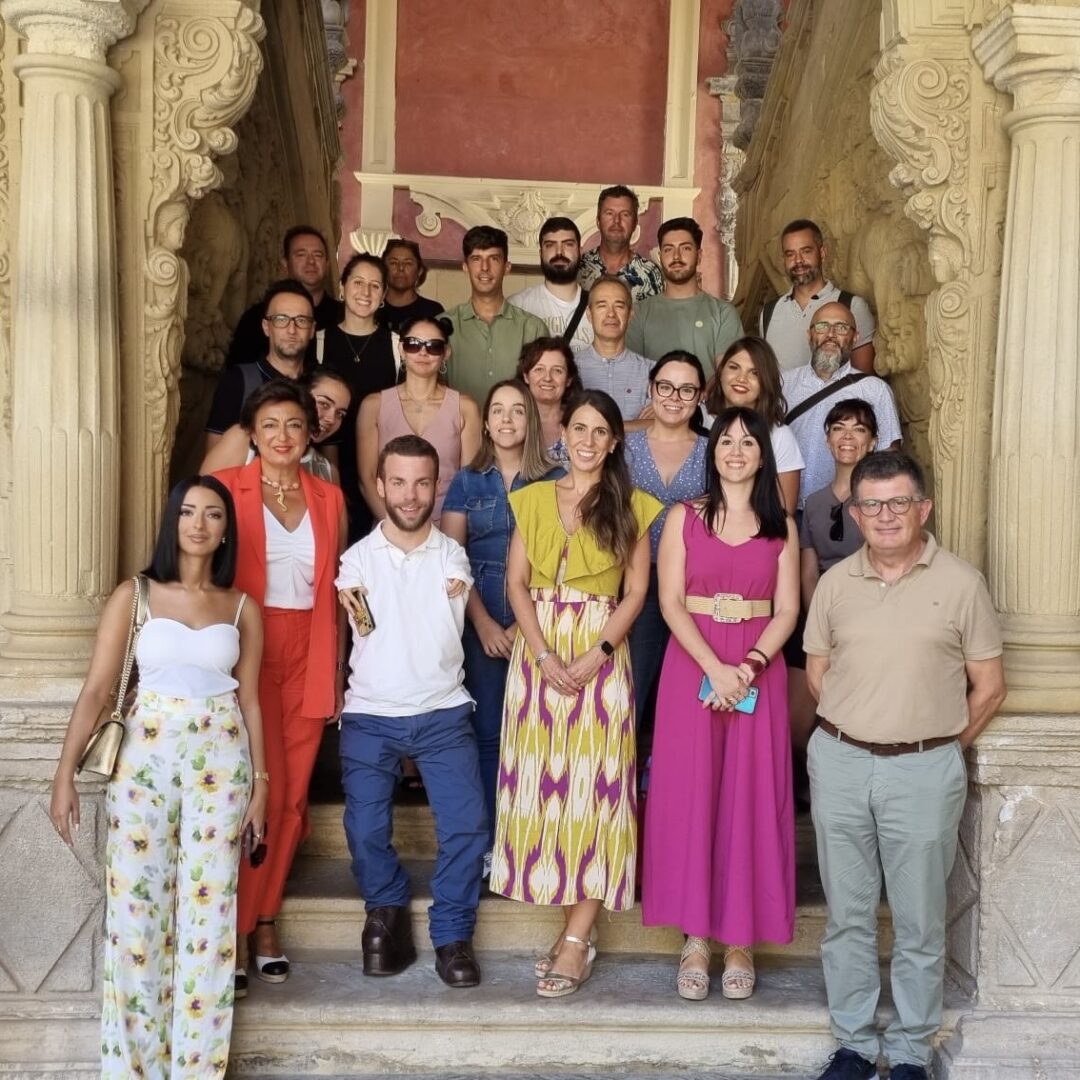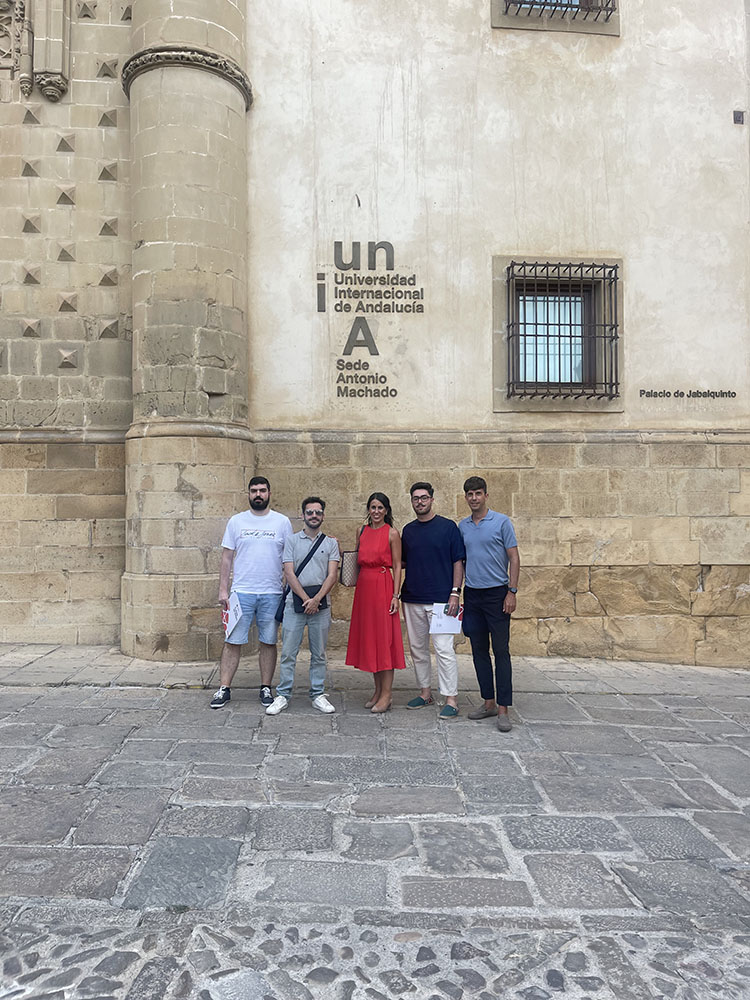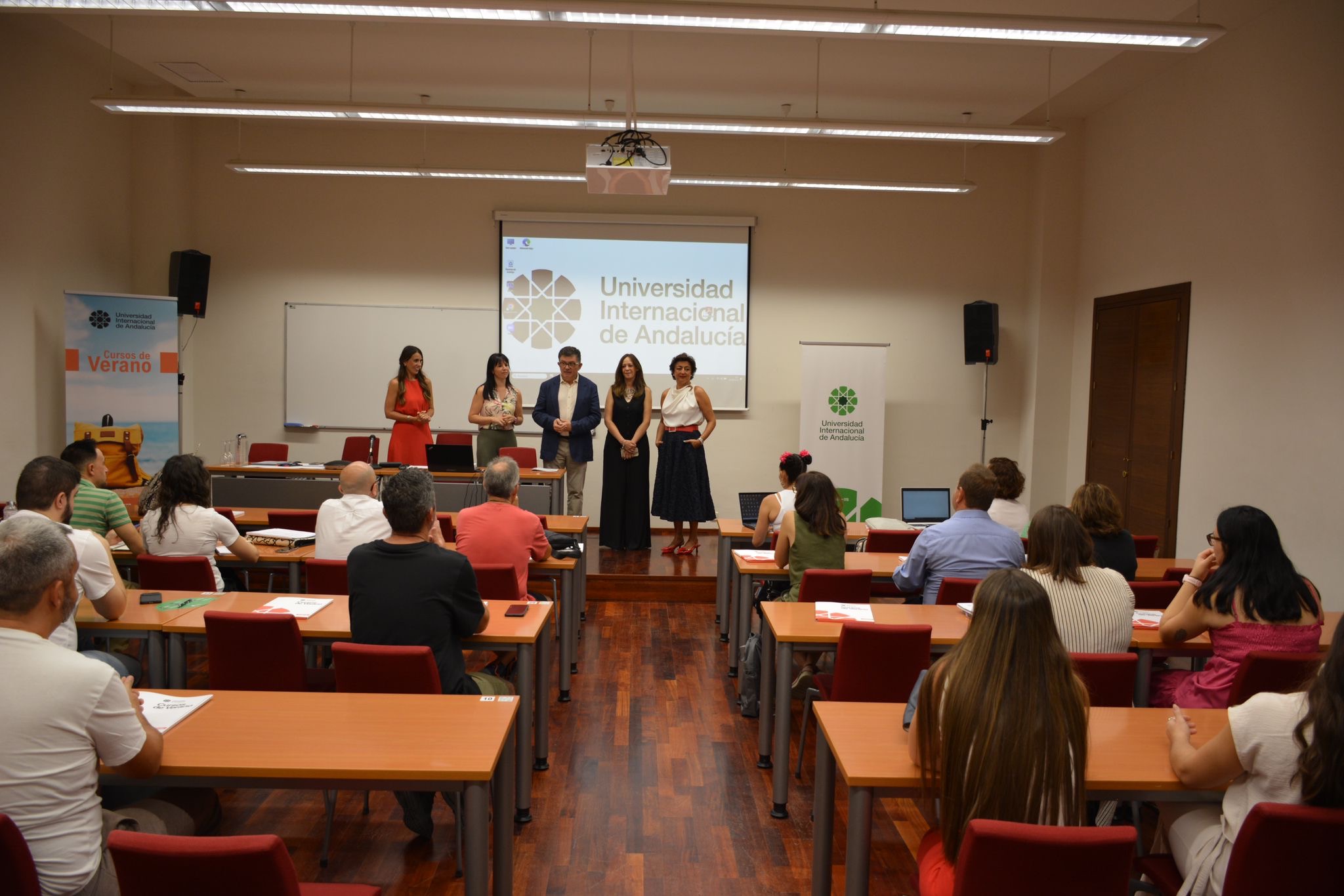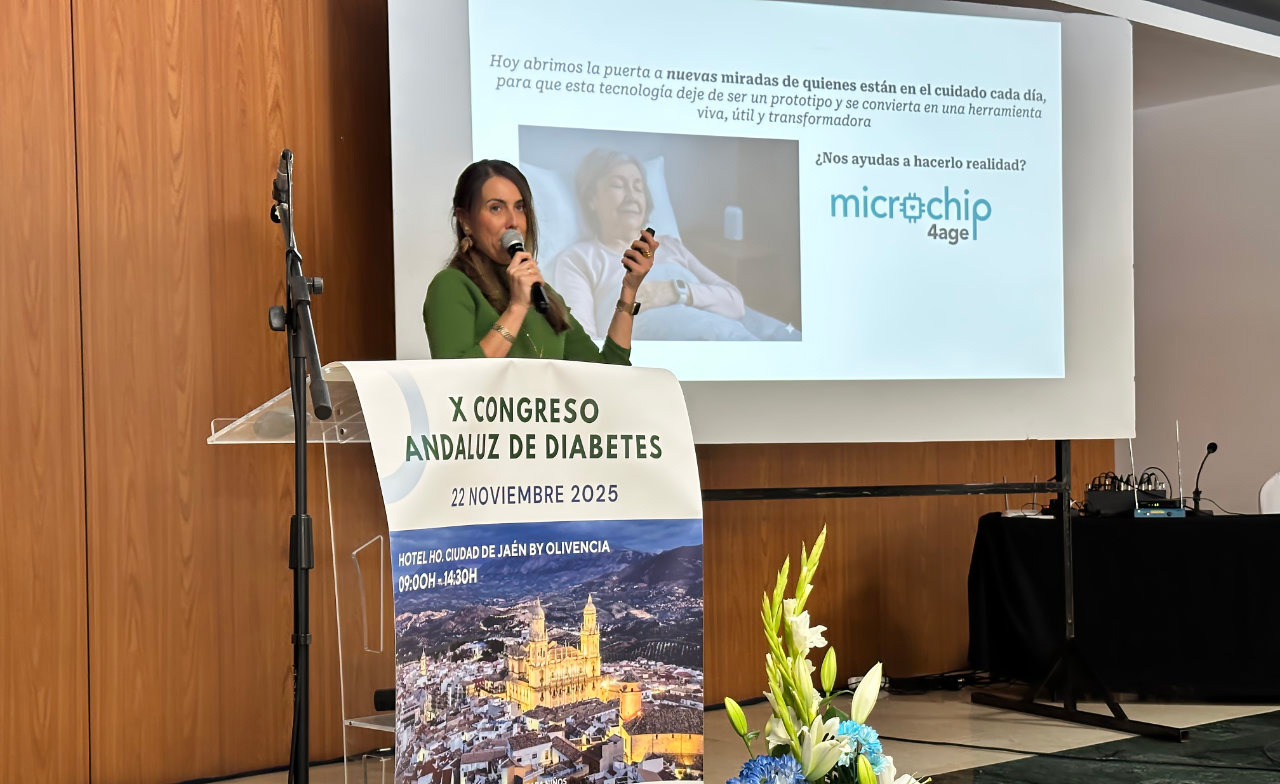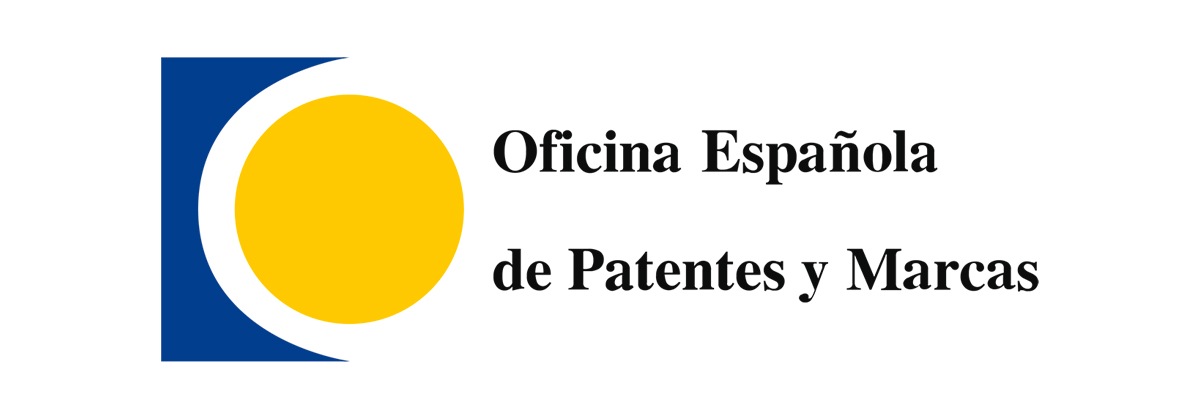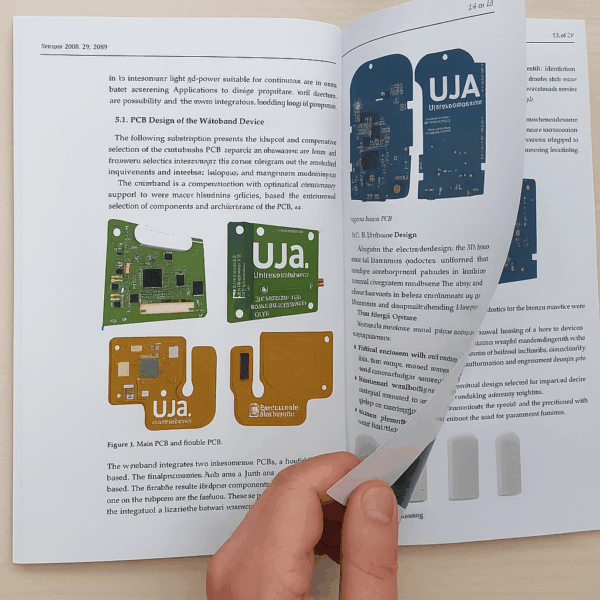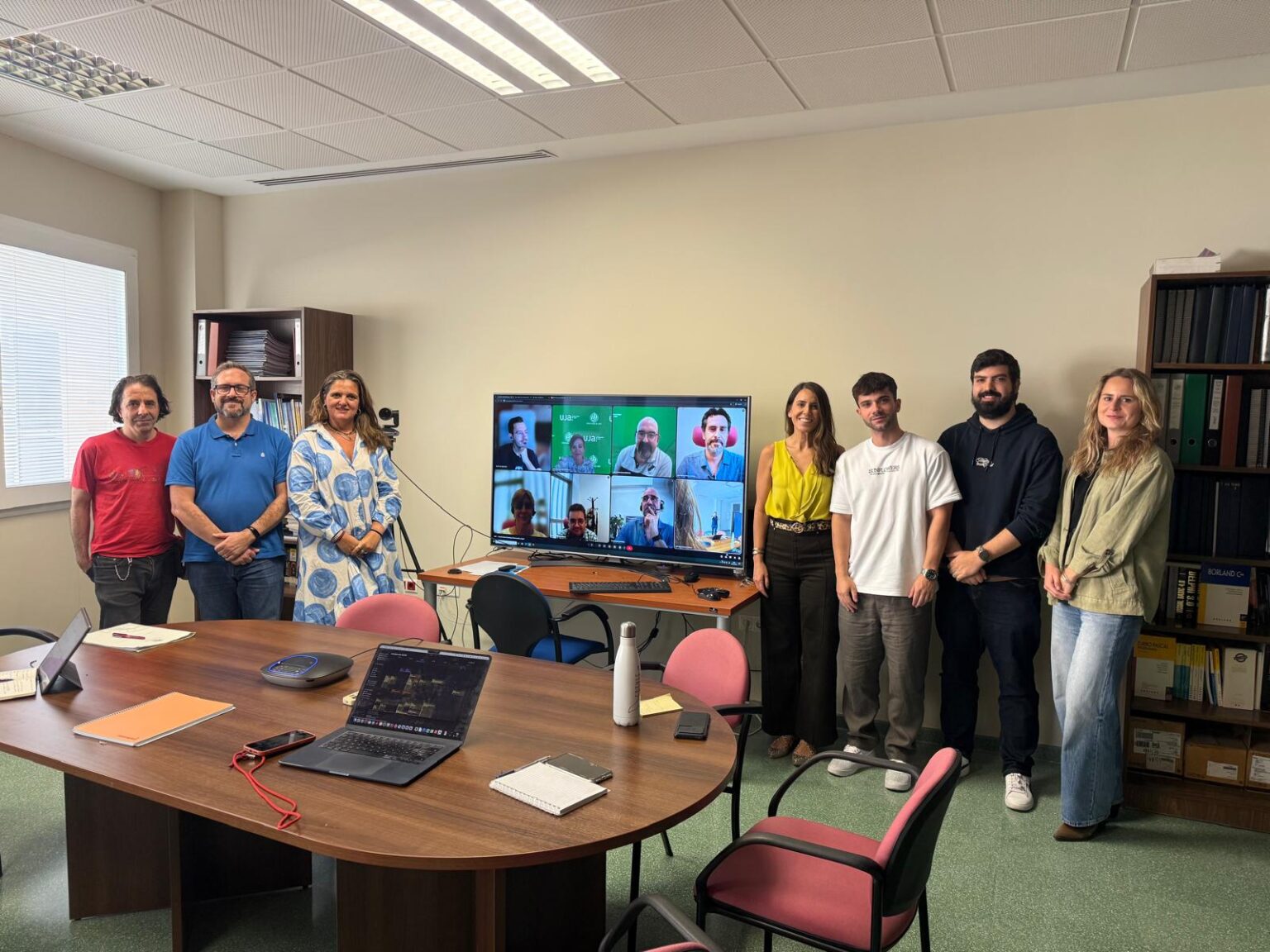The project had a prominent presence at the UNIA training initiative, with active participation from its coordinator, keynote contributions, roundtables, and research team representation.
Baeza, August 2024 – The International University of Andalusia (UNIA) hosted at its Baeza campus the summer course “Artificial Intelligence and Its Application in Person-Centered Integrated Care”, held on August 26 and 27. This training initiative brought together experts and professionals from various disciplines to reflect on the role of artificial intelligence as a tool for well-being, inclusion, and respectful care.
Joint coordination with strong ties to the project
The course was co-organized by Dr. María Dolores Muñoz de Dios, PhD in Social Work at the University of Jaén, and Dr. Macarena Espinilla Estévez, Professor of Computer Engineering and coordinator of the MicroChip4Age project, reinforcing the interdisciplinary nature that defines this initiative.
Inaugural keynote
Dr. Macarena Espinilla played a central role in the event, delivering the keynote lecture titled “System Analysis for Improving Health and Well-being Through Artificial Intelligence”. In her presentation, she shared the progress of the MicroChip4Age project as a success story in the application of non-invasive AI for monitoring older adults and chronic patients. She also outlined the research journey that underpins the system’s development, from its early stages to its validation in real-world contexts.
The day continued with a hands-on workshop on accessible technology, and concluded with a roundtable moderated by Dr. Espinilla entitled “Artificial Intelligence: Breaking Stereotypes, Bridging Concepts”. Among the panelists was Dr. José Luis López Ruiz, a member of the MicroChip4Age team, who reflected on the relationship between AI and social services from both a technical and ethical perspective.
Active participation from the MicroChip4Age team
The course also featured the active attendance and engagement of several other members of the MicroChip4Age team, including David Díaz Jiménez, J. Francisco Gaitán, and Antonio P. Albín Rodríguez, who contributed to the exchange of ideas and learning based on their research experience in ambient intelligence and digital health.
An inclusive space for transformative technology
With a multidisciplinary audience that included professionals in engineering, social work, healthcare, public administration, and the third sector, this educational experience reinforces MicroChip4Age’s commitment to person-centered technology, aimed at knowledge transfer, critical training, and social impact.
